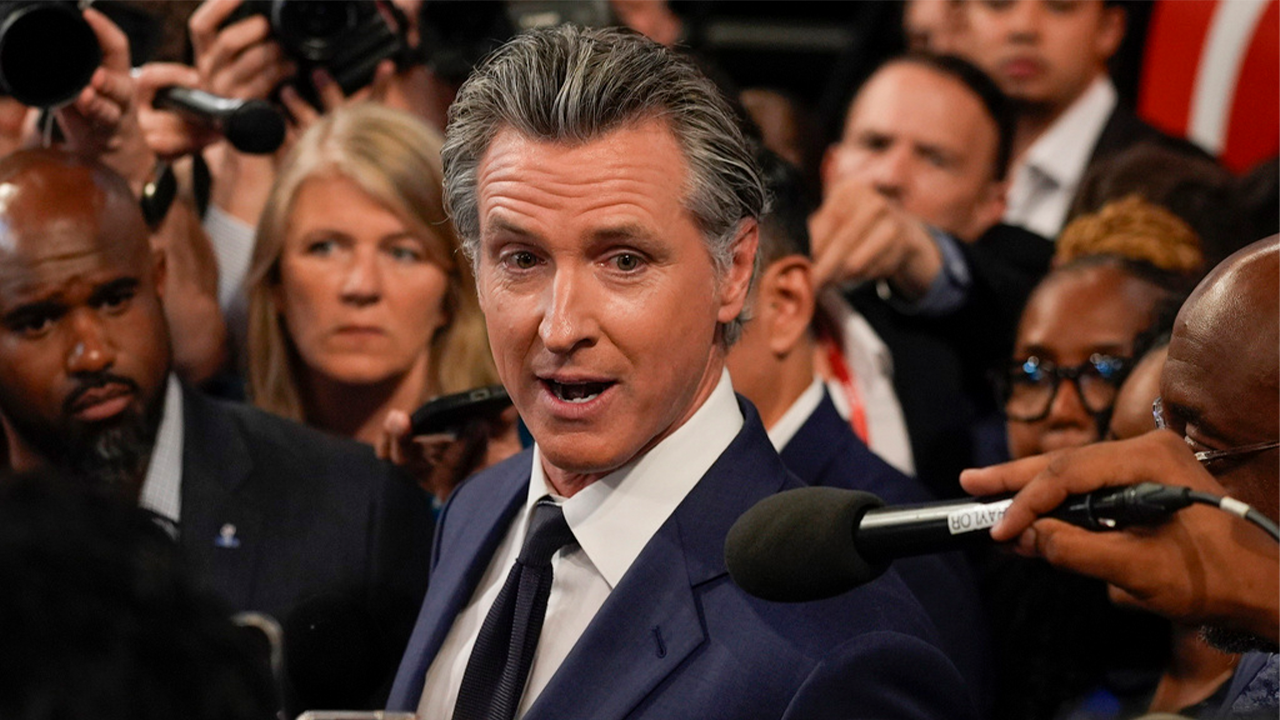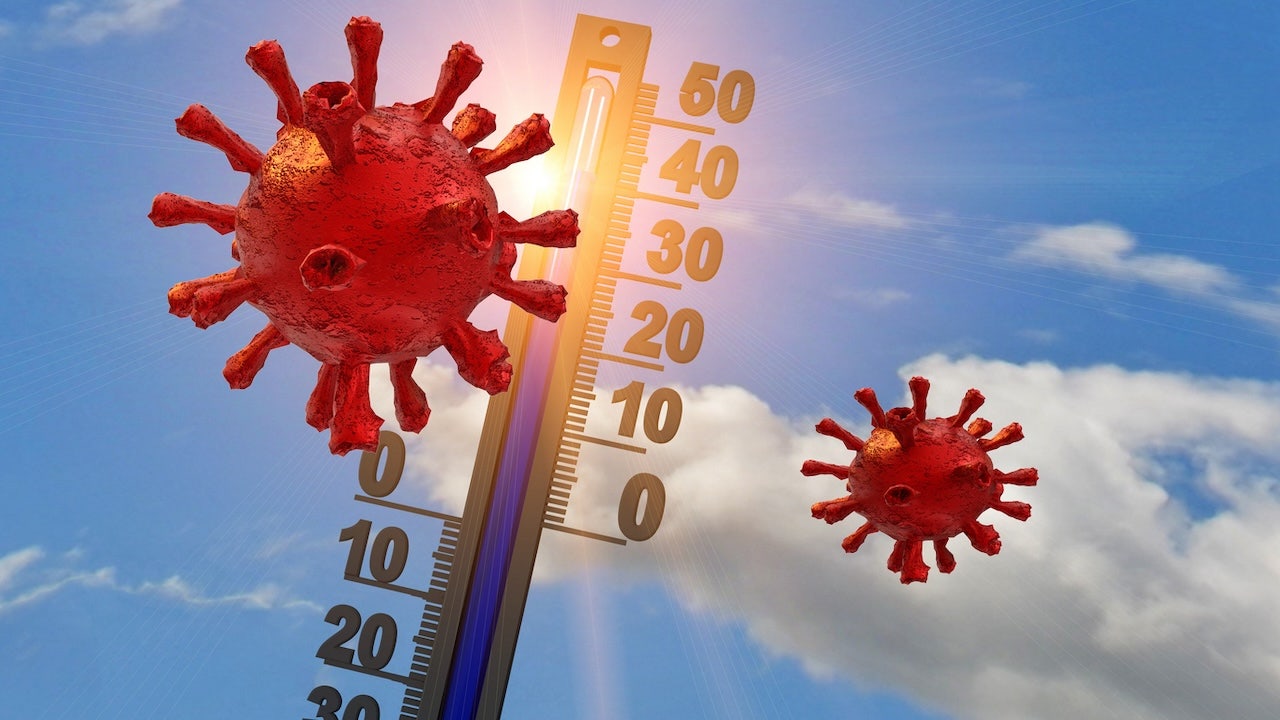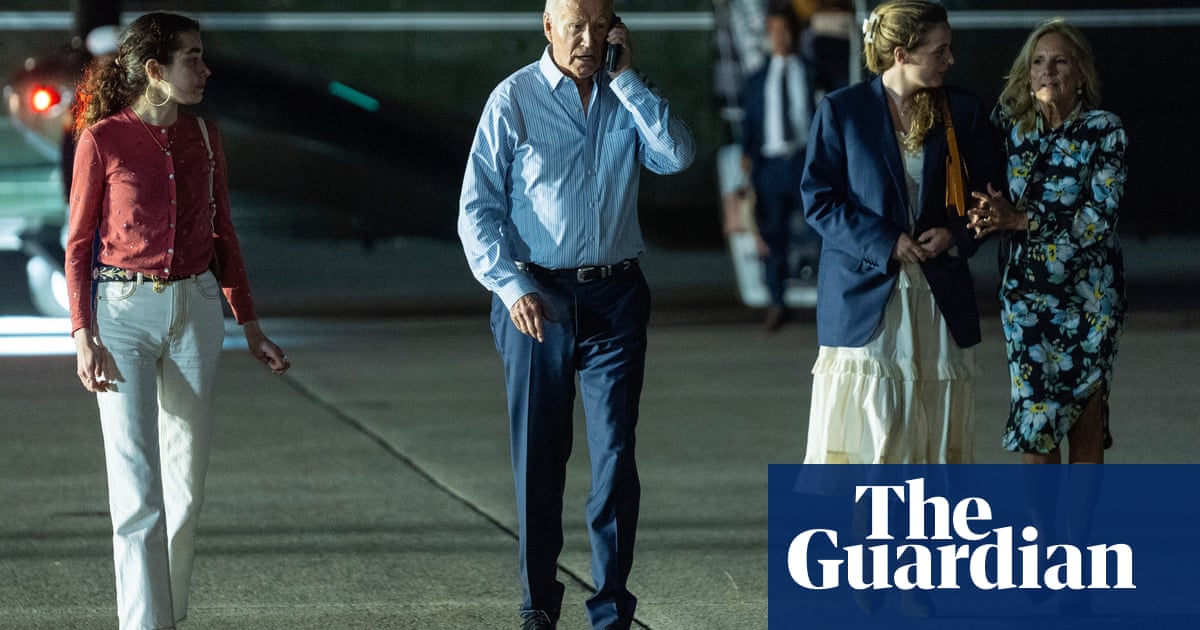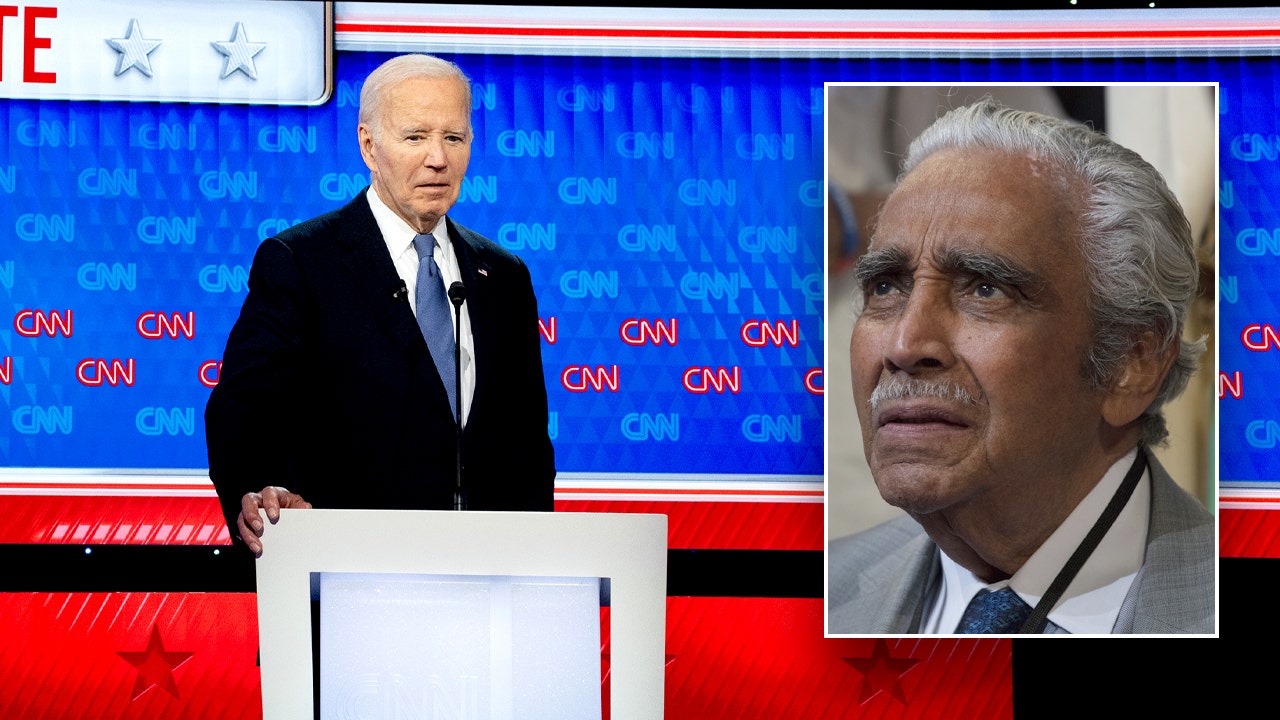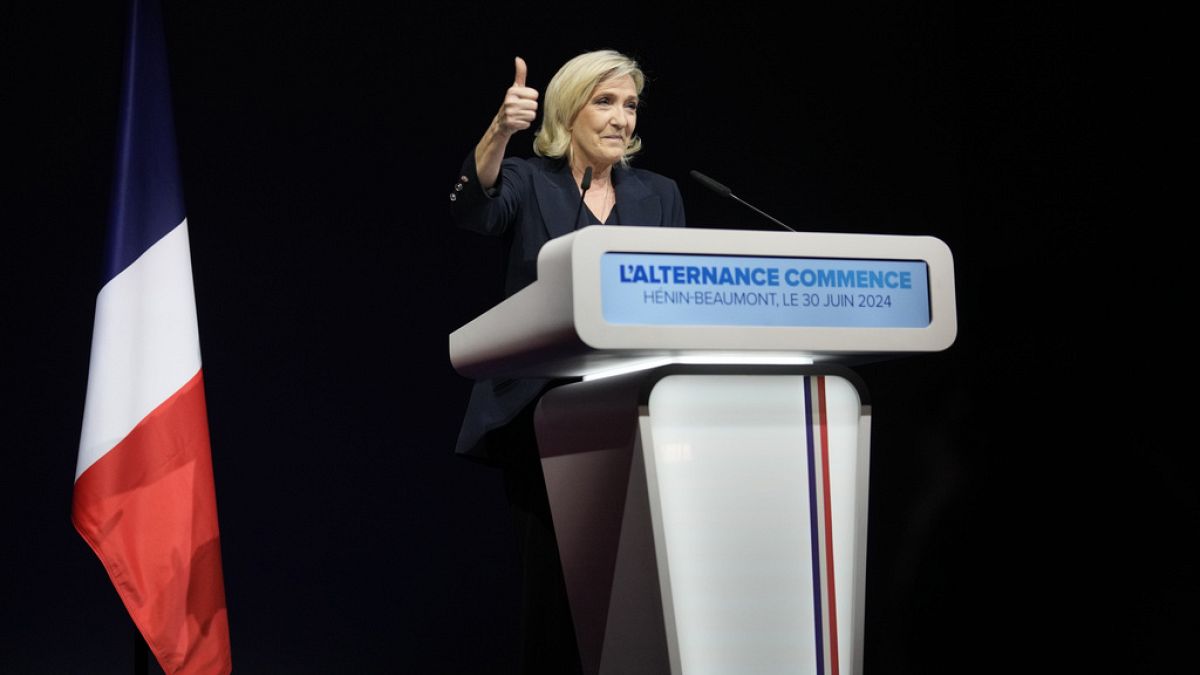Marine Le Pen’s far-right party has battered President Emmanuel Macron’s centrist alliance in the first round of snap French parliamentary elections, moving the country closer to a potential nationalist government that would jolt the European project.
After unusually high turnout, the Rassemblement National (RN) party and its allies won 33.2 per cent of the vote, while the leftwing Nouveau Front Populaire (NFP) alliance came second with 28 per cent, according to provisional results published by the interior ministry. Macron’s Ensemble alliance and allies secured 22.4 per cent of the vote.
The first-round results suggest the RN and its allies are on track to win the most seats in the National Assembly and potentially even an outright majority in the final round of voting on July 7.
If the RN secures 289 seats in the 577-strong lower house, it will force Macron into an uncomfortable power-sharing arrangement known as a “cohabitation” in which two opposing parties must govern together.
However, the vote has led to an unprecedented number of three-way run-offs, which make seat projections difficult. Ipsos estimated there would be 285 to 315 potential three-way contests in the second round, assuming that no candidates withdraw.
An intense period of bargaining will now begin between leftwing and centrist parties over whether to drop out in some seats in an attempt to block the RN from winning. Parties must finalise their candidate lists in 48 hours.
Speaking from Hénin-Beaumont, her constituency in northern France where she easily won re-election, Le Pen hailed poll results that “practically erased” Macron’s centrist bloc.
“The French have expressed their desire to turn the page on seven years of a government that treated them with disdain,” she said before cheering supporters waving French flags.
Macron said: “Faced with the Rassemblement National, the time has come for a large, clear alliance between democratic and republican forces for the second round.”
Prime Minister Gabriel Attal, appointed by Macron, said his campaign’s priority was to “stop the RN from having an absolute majority in the second round and governing the country with its disastrous project”.
Ensemble said its candidates would drop out in areas where they had come in third place in favour of contenders “in a position to beat the RN and with whom we share the essential: the values of the republic”.
The Conservative Les Républicains party (LR) refused to advise voters to reject the far-right in the second round.
Jean-Luc Mélenchon, leader of the far-left La France Insoumise (LFI) that is part of the NFP, called for the withdrawal of all leftwing candidates where they are in third place in order to beat the RN.
The euro rose 0.2 per cent against the US dollar in early Asian trading. At $1.0744, it was the euro’s highest level against the dollar since last Tuesday.
The snap French vote has badly backfired for Macron, who called it last month after his centrist alliance lost to the RN in European parliamentary elections — in a move that stunned the public and angered many in his own camp.
His alliance could end up losing more than half of its roughly 250 seats in the lower house, as it is squeezed between an ascendant far right and a newly united left.
By contrast, the far right, which has not been in power since the Vichy regime collaborated with Nazi Germany, could move from the fringes of politics to the heart of government.
It would be the culmination of Le Pen’s decade-long efforts to “detoxify” the party, including by ousting her father, who founded it with a former soldier from the French unit of the Nazi’s Waffen-SS.

Many French voters have come to reject Macron, who they see as elitist and out of touch, and prefer RN for its emphasis on cost of living issues and wages, on top of its traditional anti-immigration stance.
There have been three cohabitations in France’s postwar history, but none involving parties with such diametrically opposite views.
If the RN wins an outright majority and forms a government, Le Pen has already said her 28-year-old protégé Jordan Bardella would serve as prime minister.
They would run domestic affairs and set the budget, while Macron would remain chief of the armed forces and set foreign policy.

Le Pen and Bardella have both signalled in recent days that they would challenge Macron’s authority including on defence and foreign policy — a prospect that is likely to alarm allies and markets alike.
The NFP also performed strongly in the first round as voters backed its heavy tax-and-spend economic agenda that also focuses on social justice and investing more to improve public services.
The NFP’s dominant party is the LFI. It also includes the centre-left Socialists, the Greens and the Communists, who have major policy differences with LFI and have so far rejected Mélenchon as their candidate for prime minister.
Bruno Cautrès, political scientist at Sciences Po university in Paris, said it was too early to make accurate seat projections.
“There are two unknowns for the second round — how many candidates will drop out and how leftwing and centrist voters will behave if they know that the RN is on the verge of power,” he said.
The best-case scenario for Macron at this point would be a hung parliament with none of the three blocs able to claim a majority.
Gridlock would ensue, but he could make a last-ditch effort to form a technocratic government. Macron cannot dissolve parliament again until a year from now.

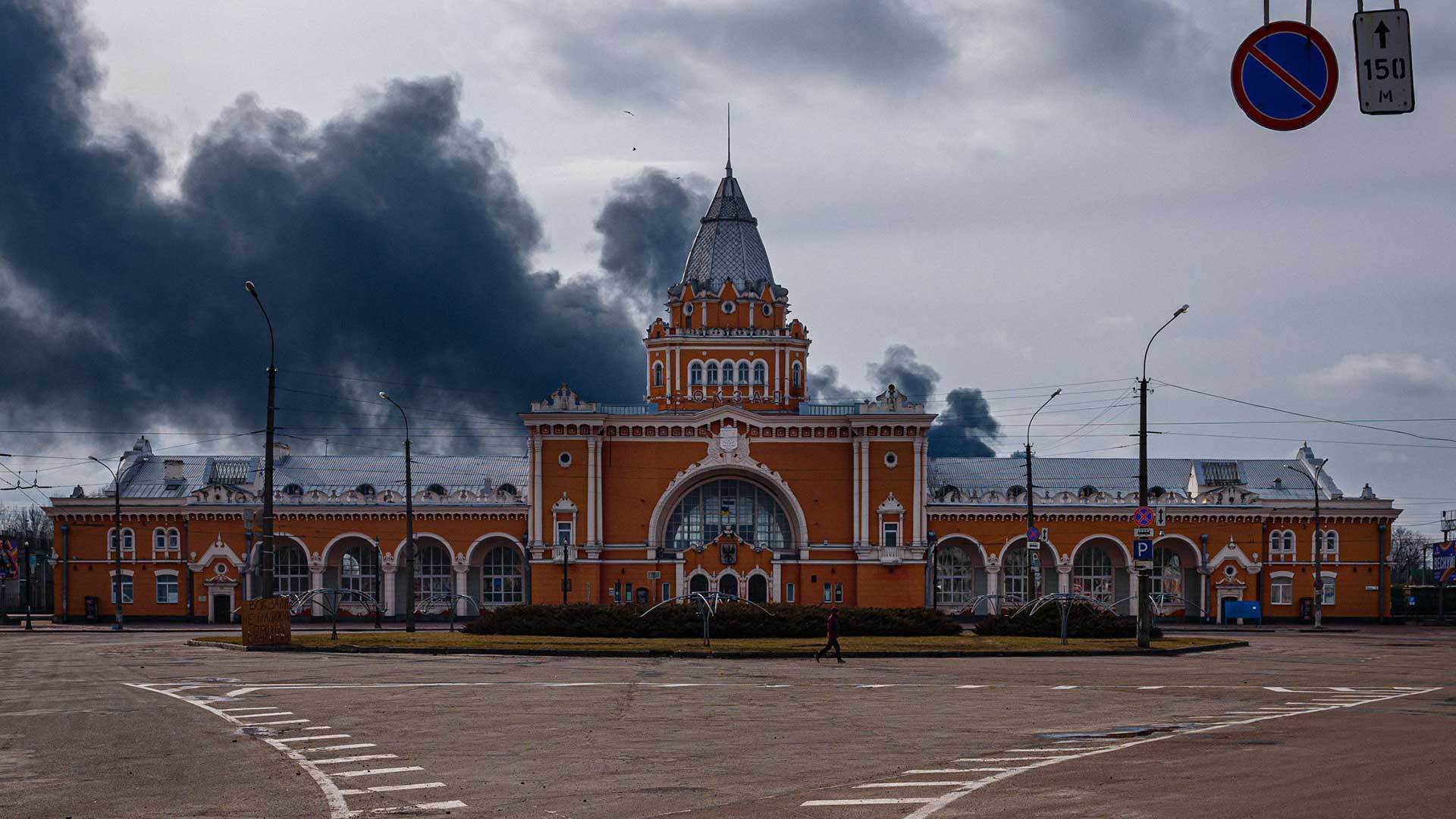
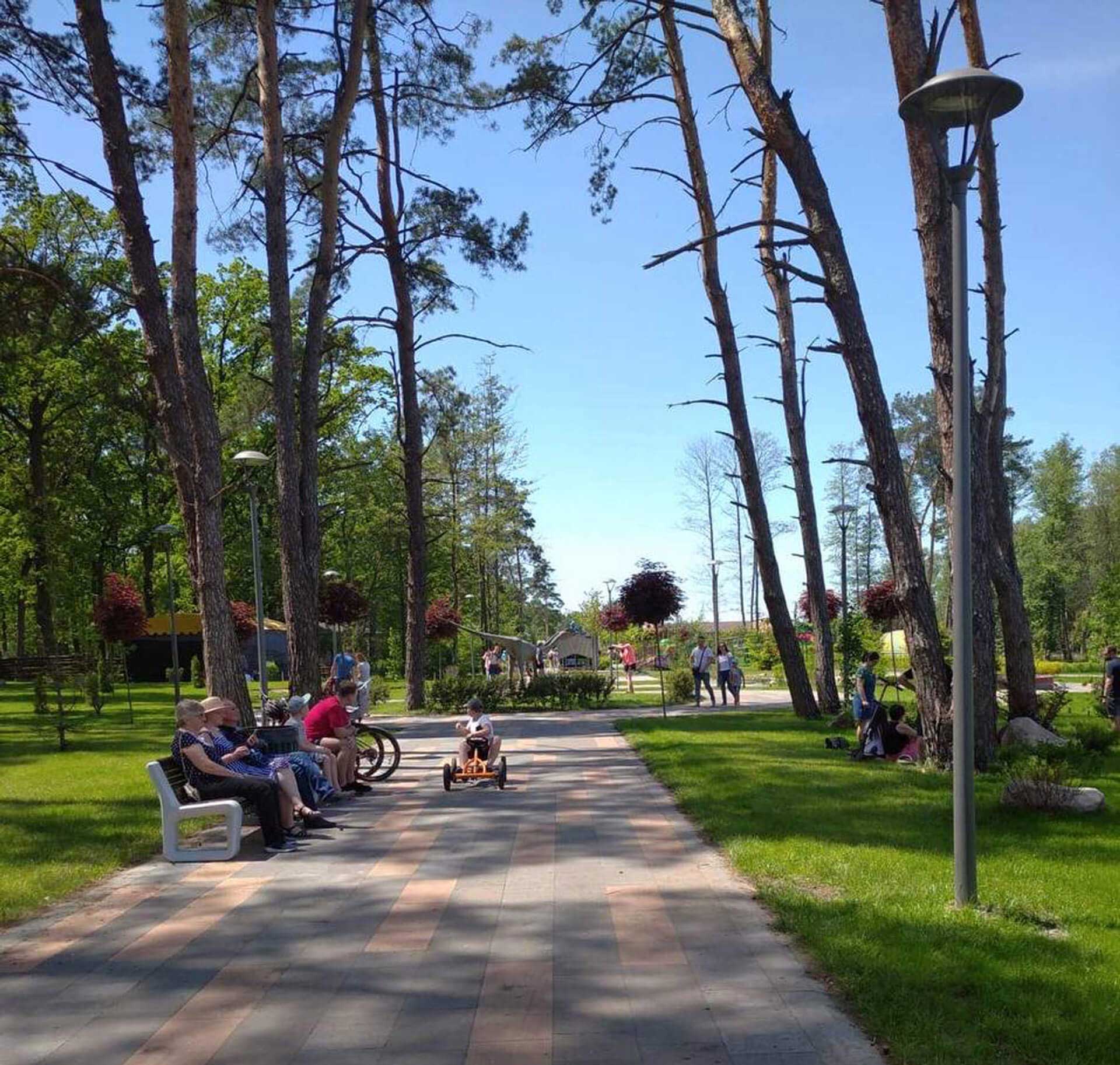
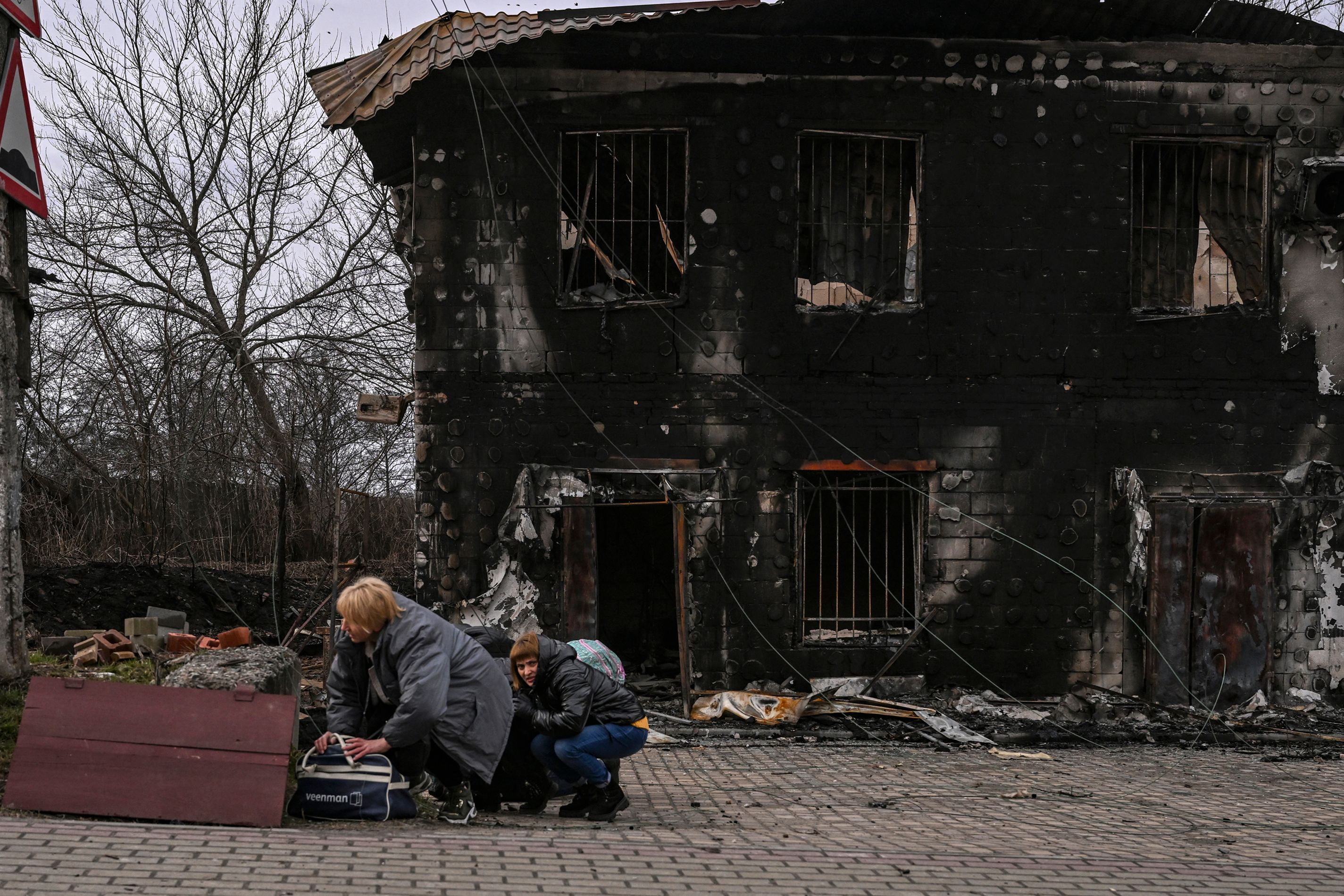
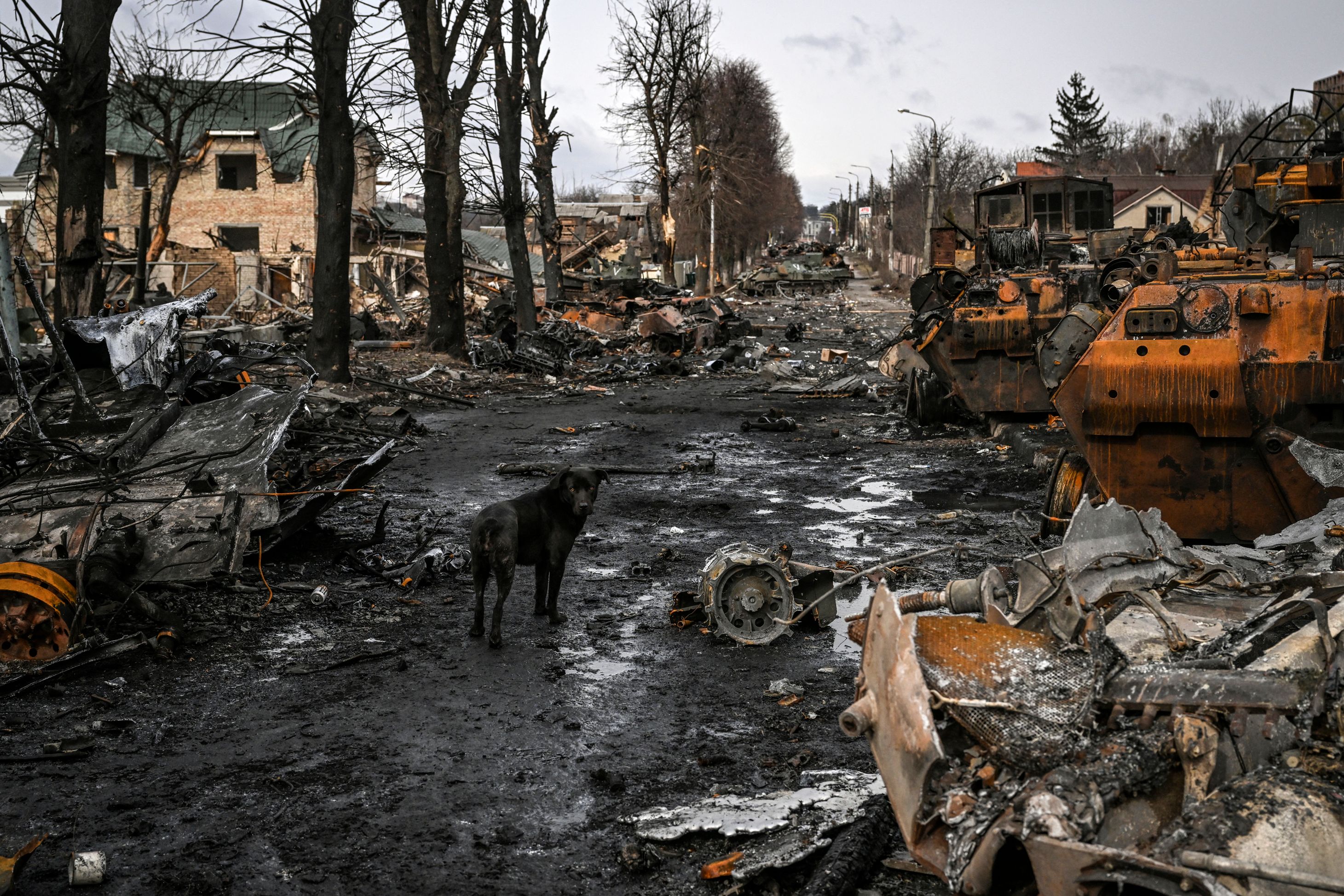
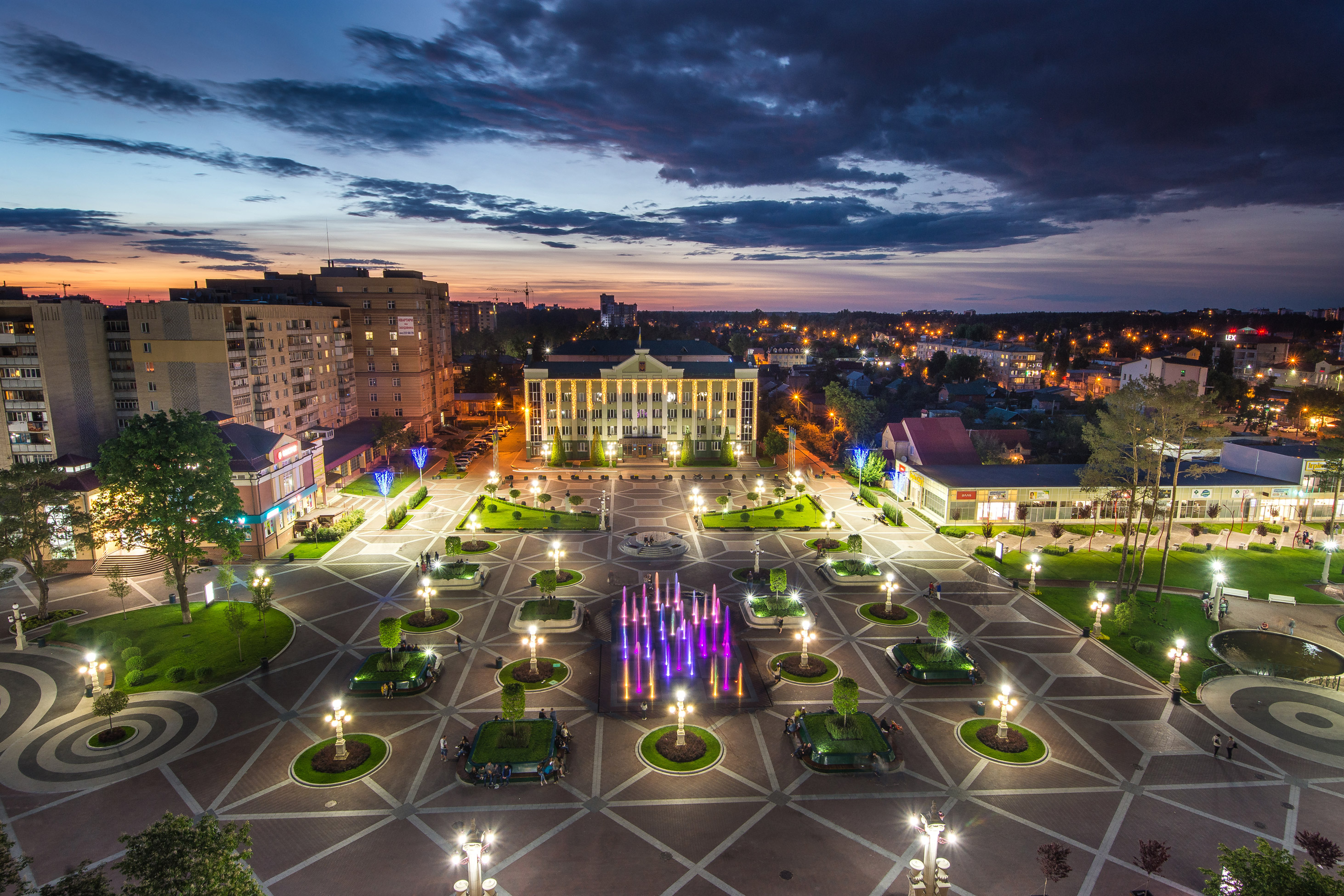
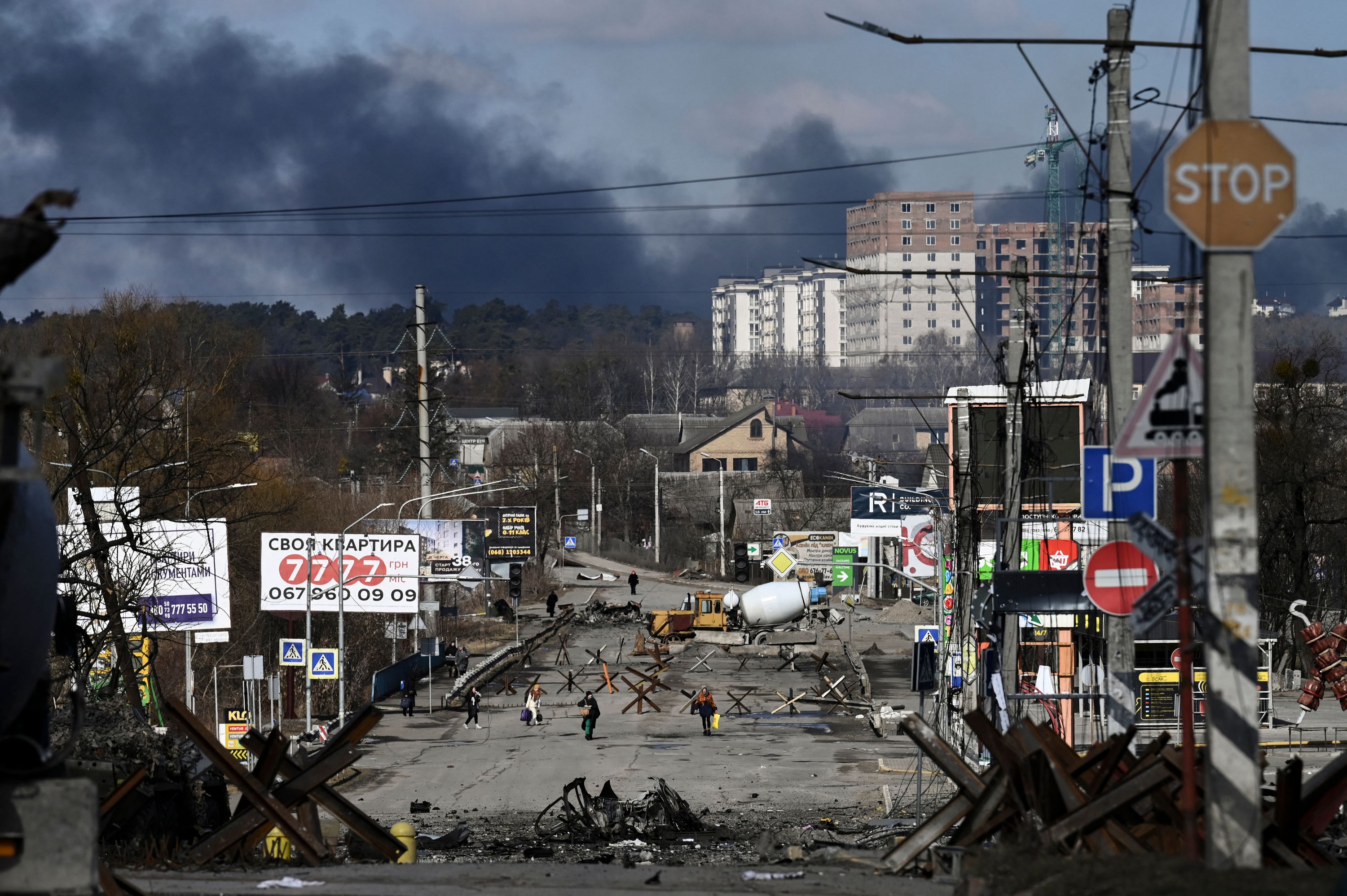
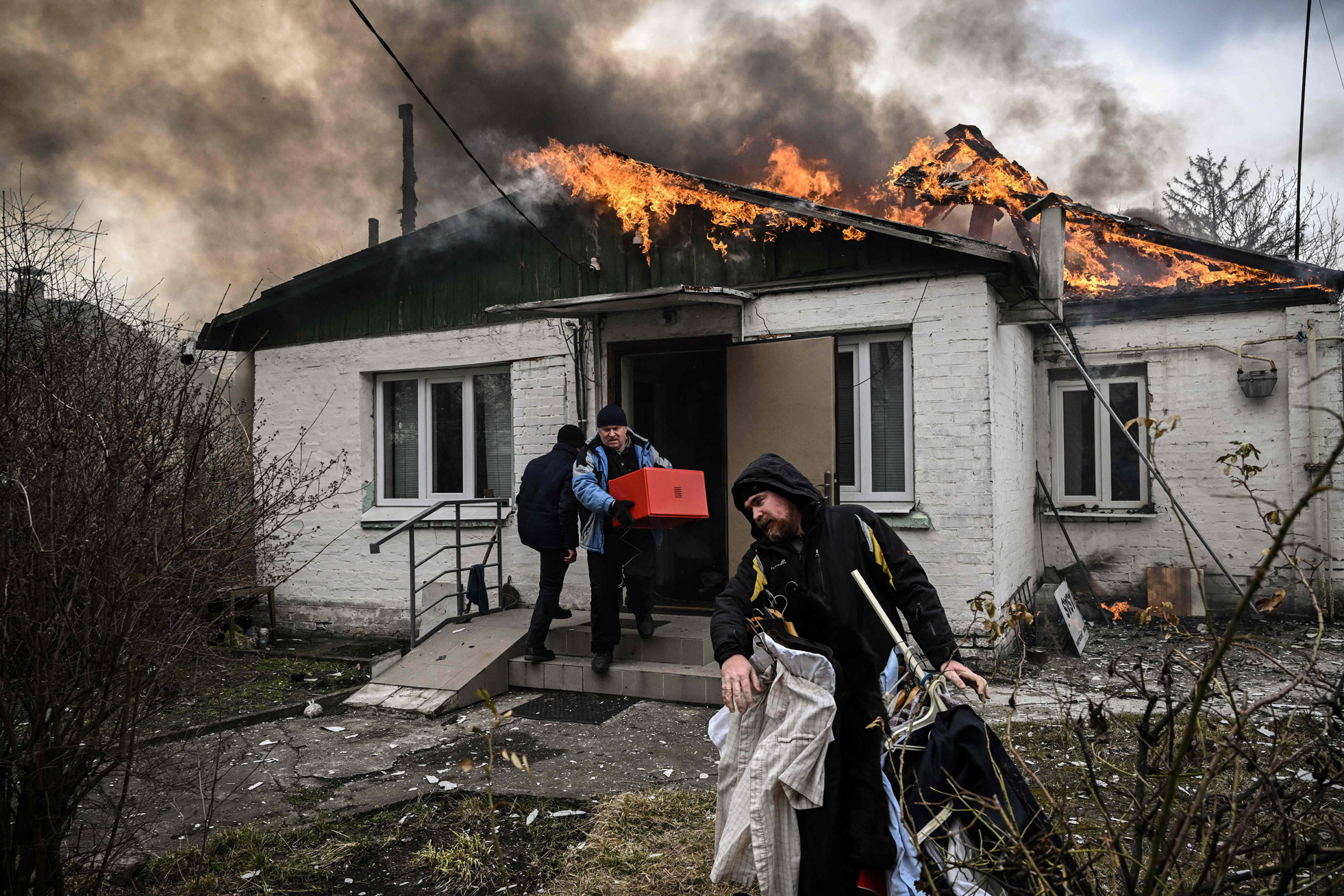
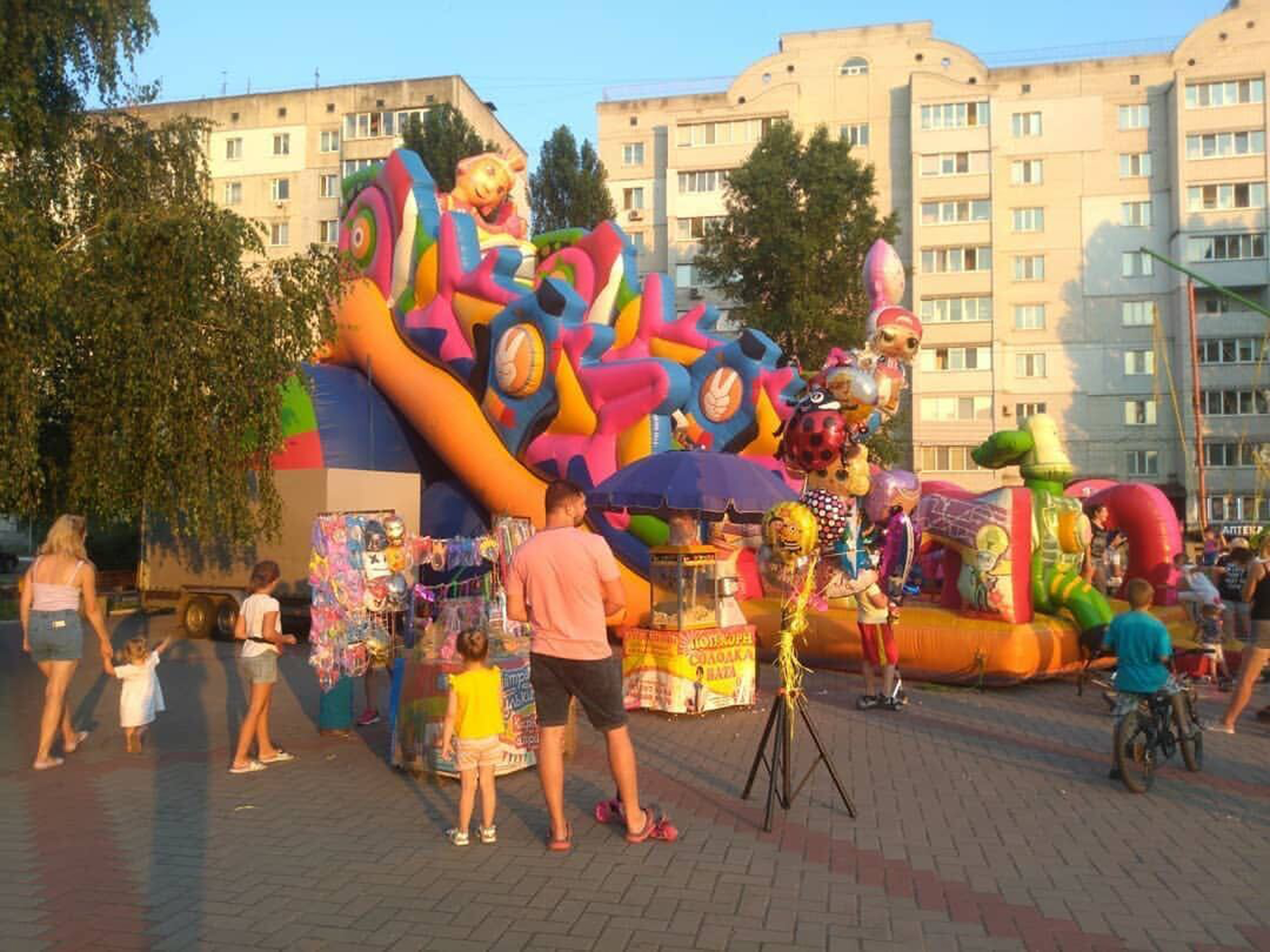
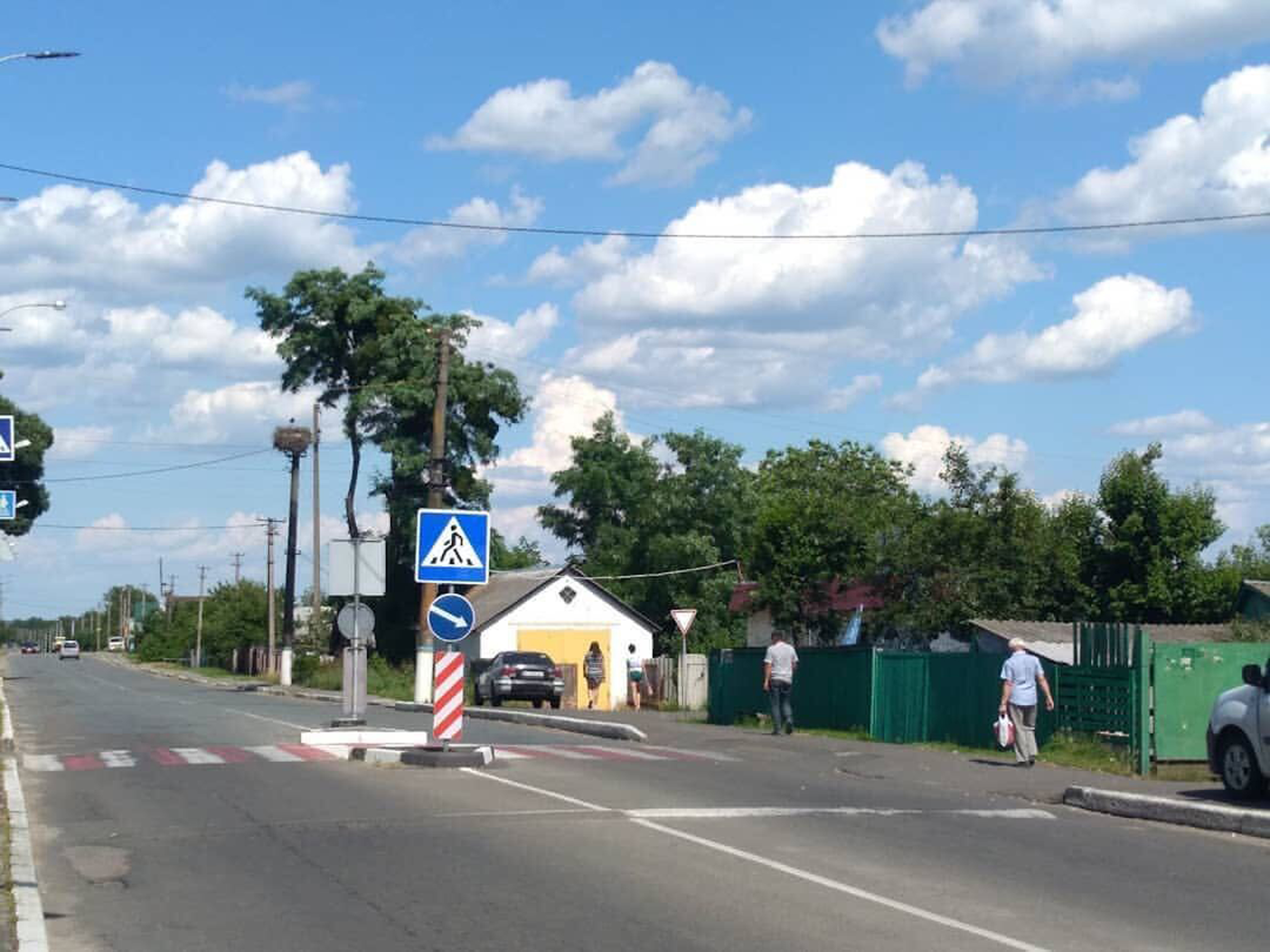
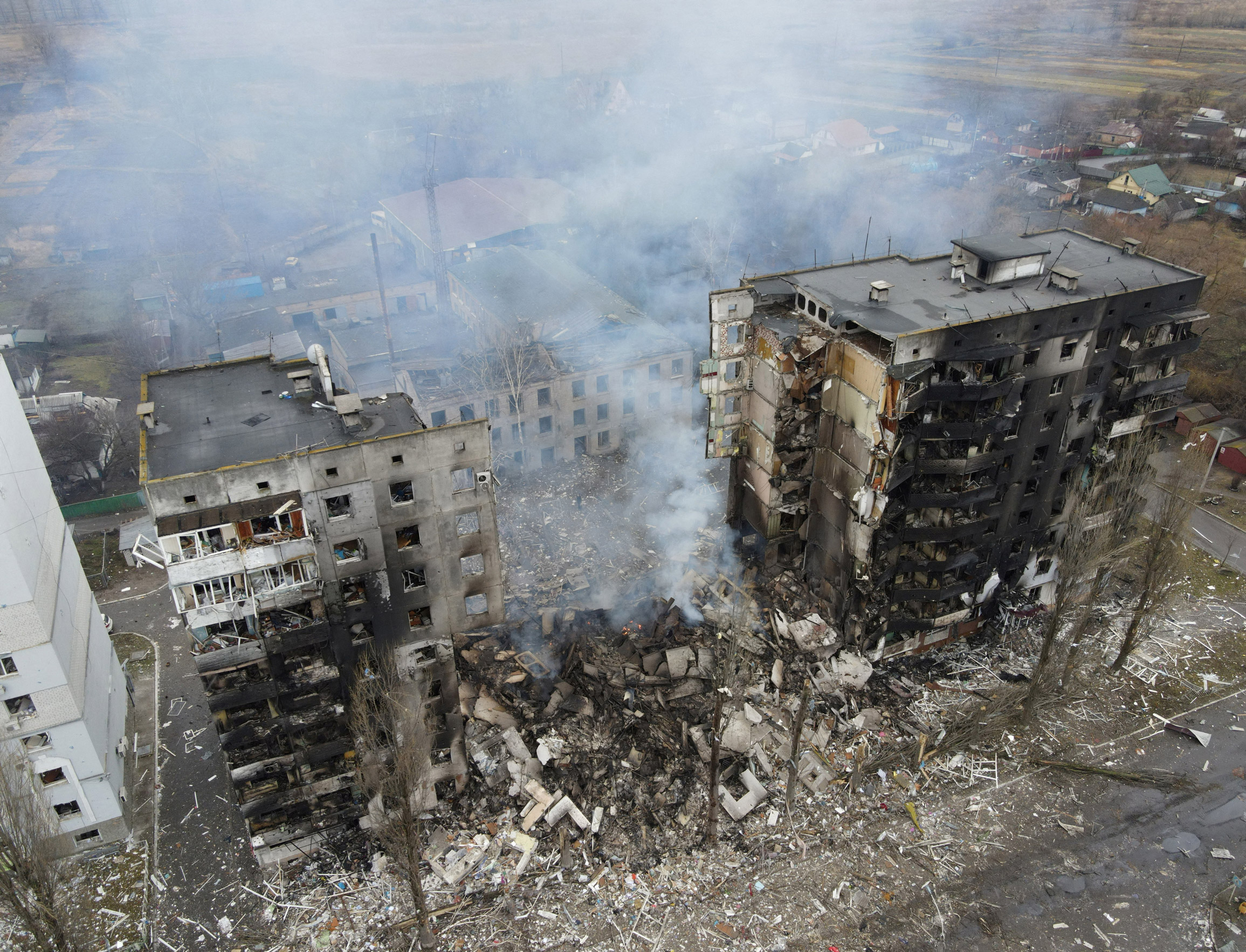
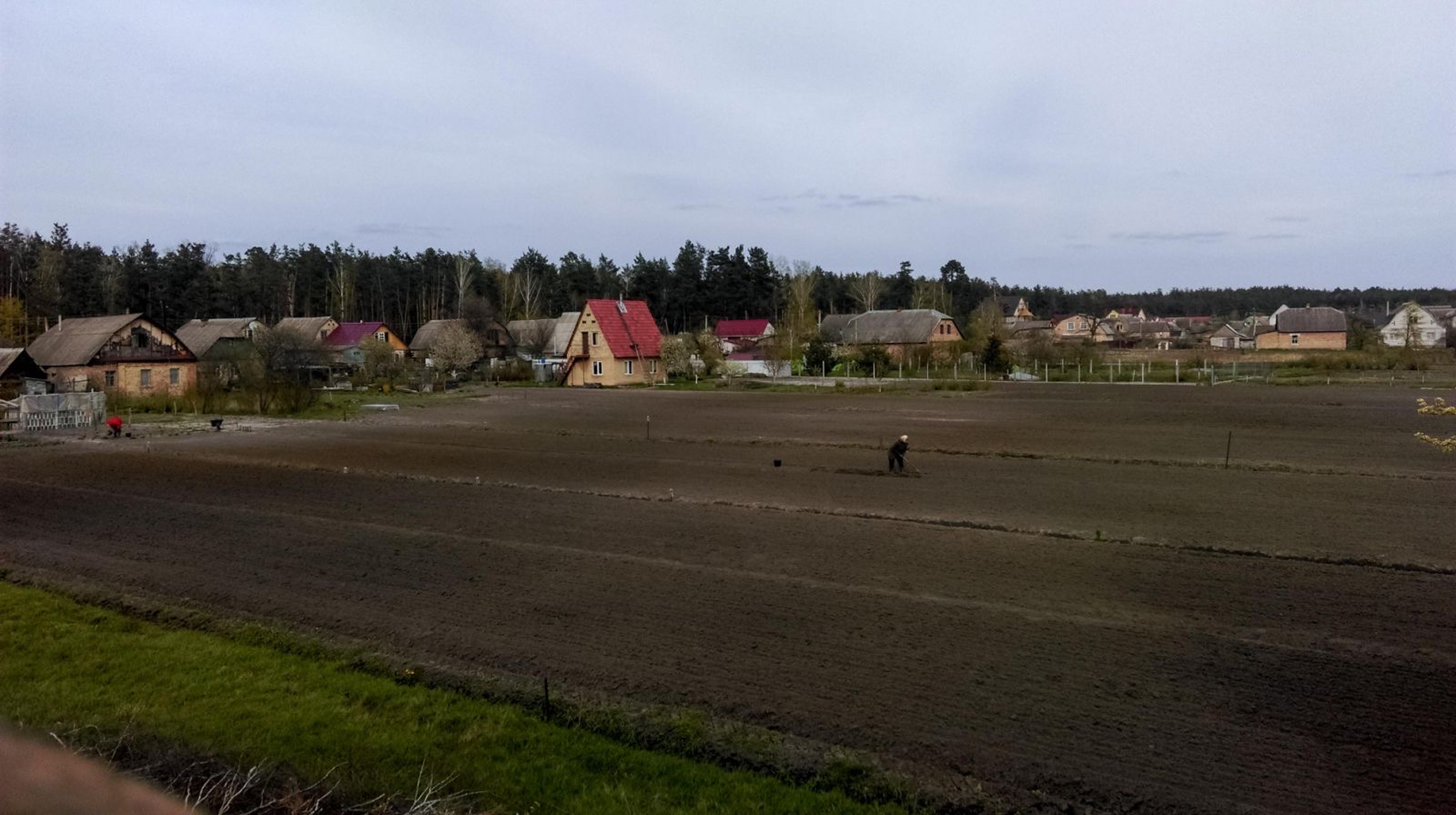
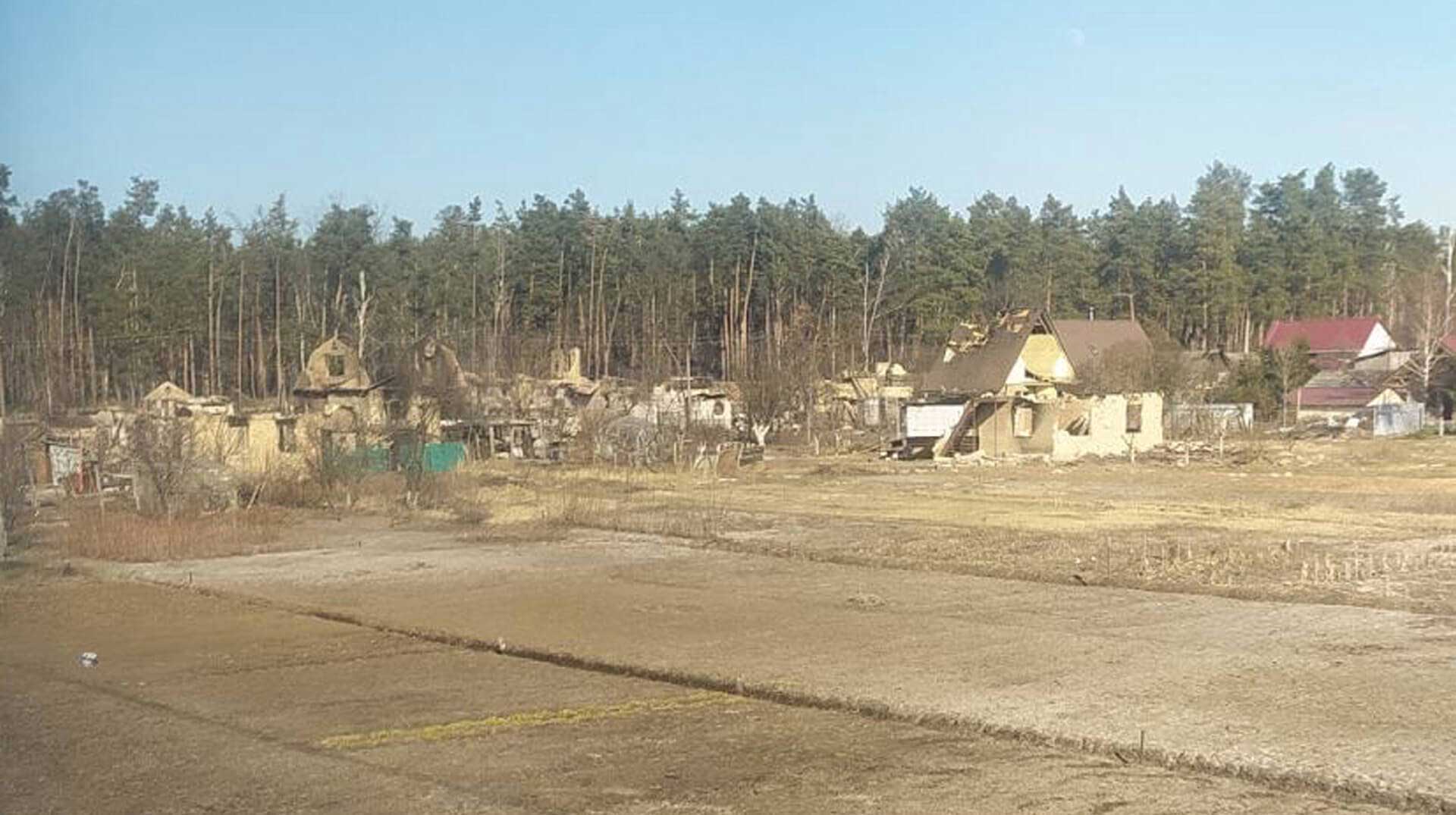
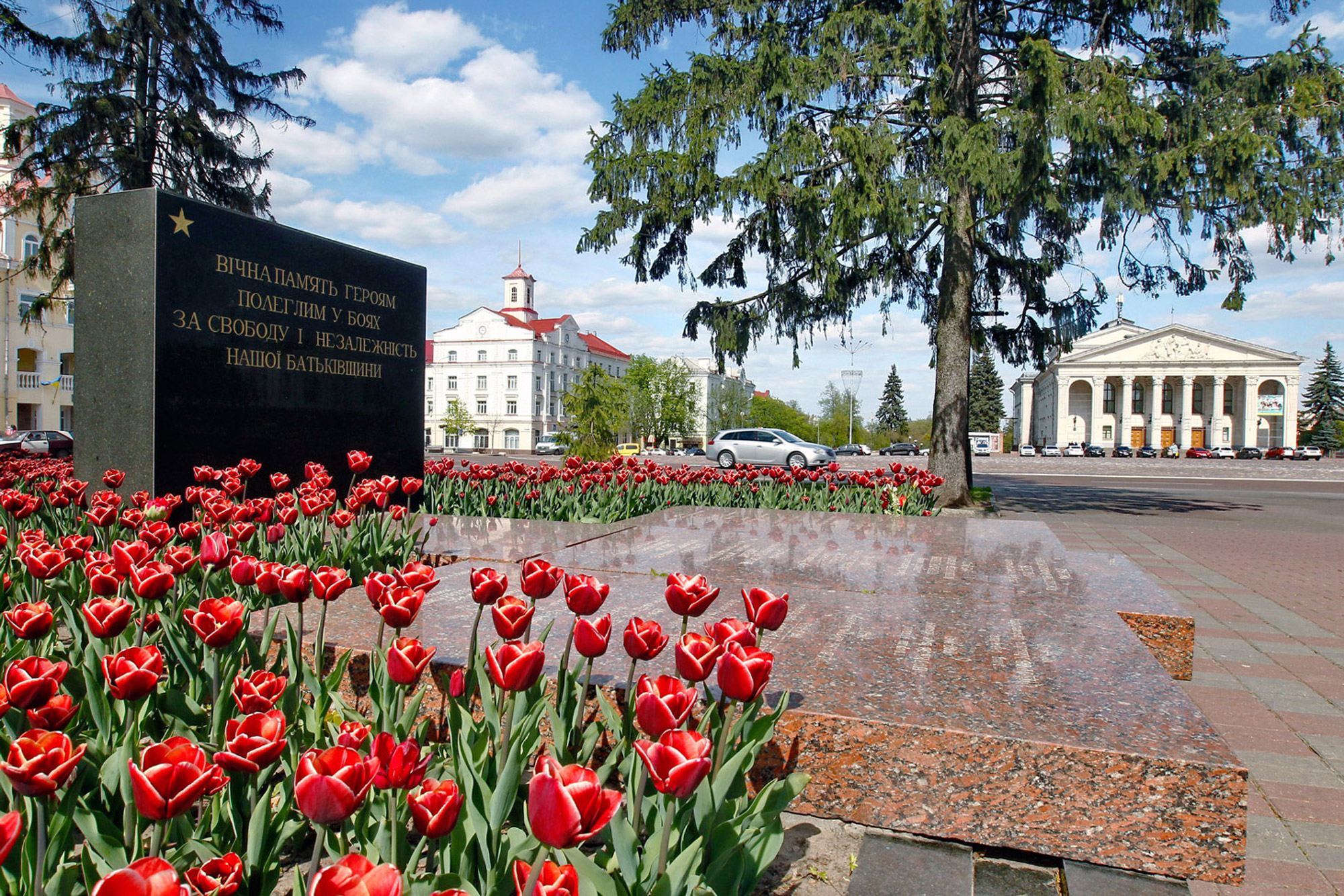
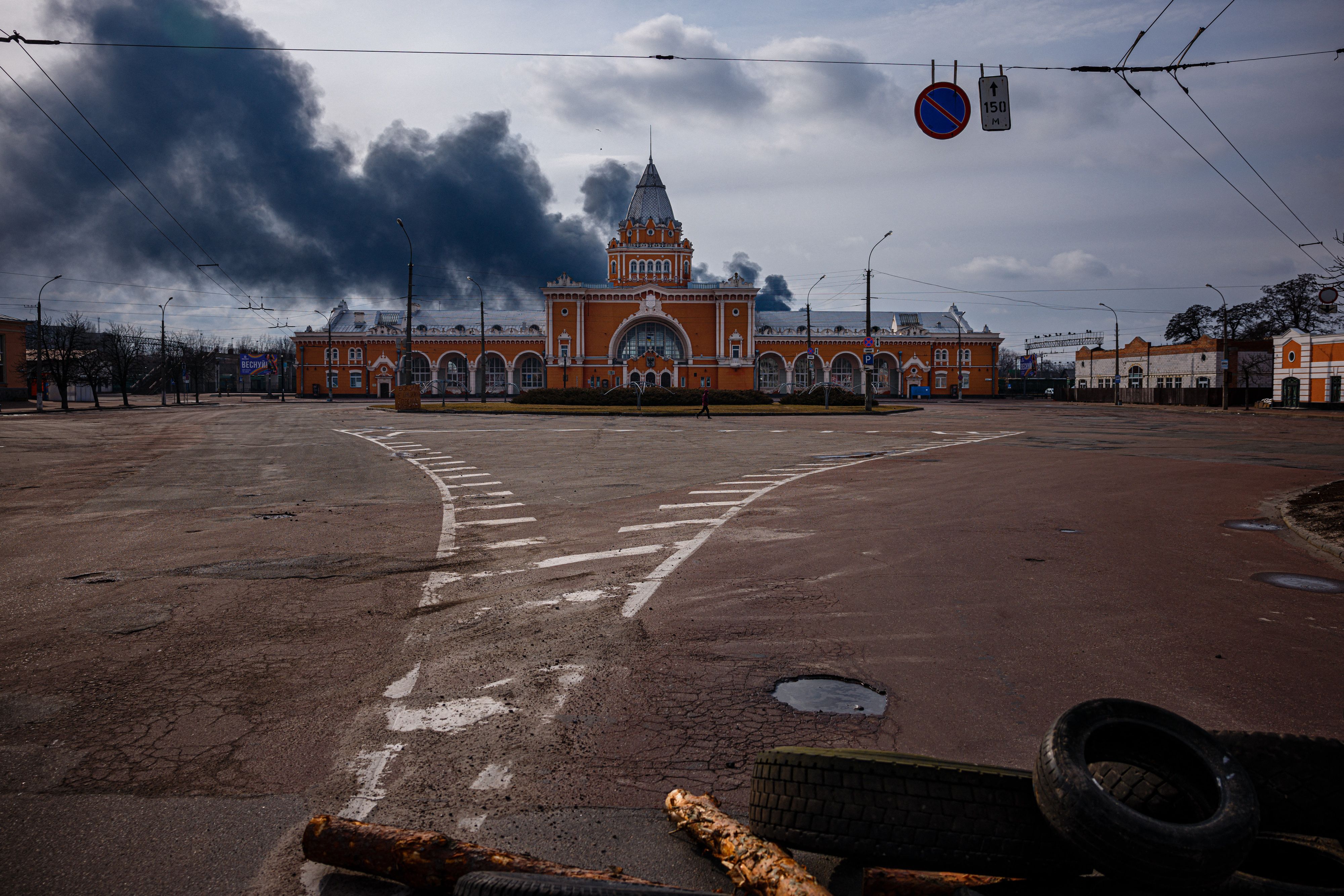
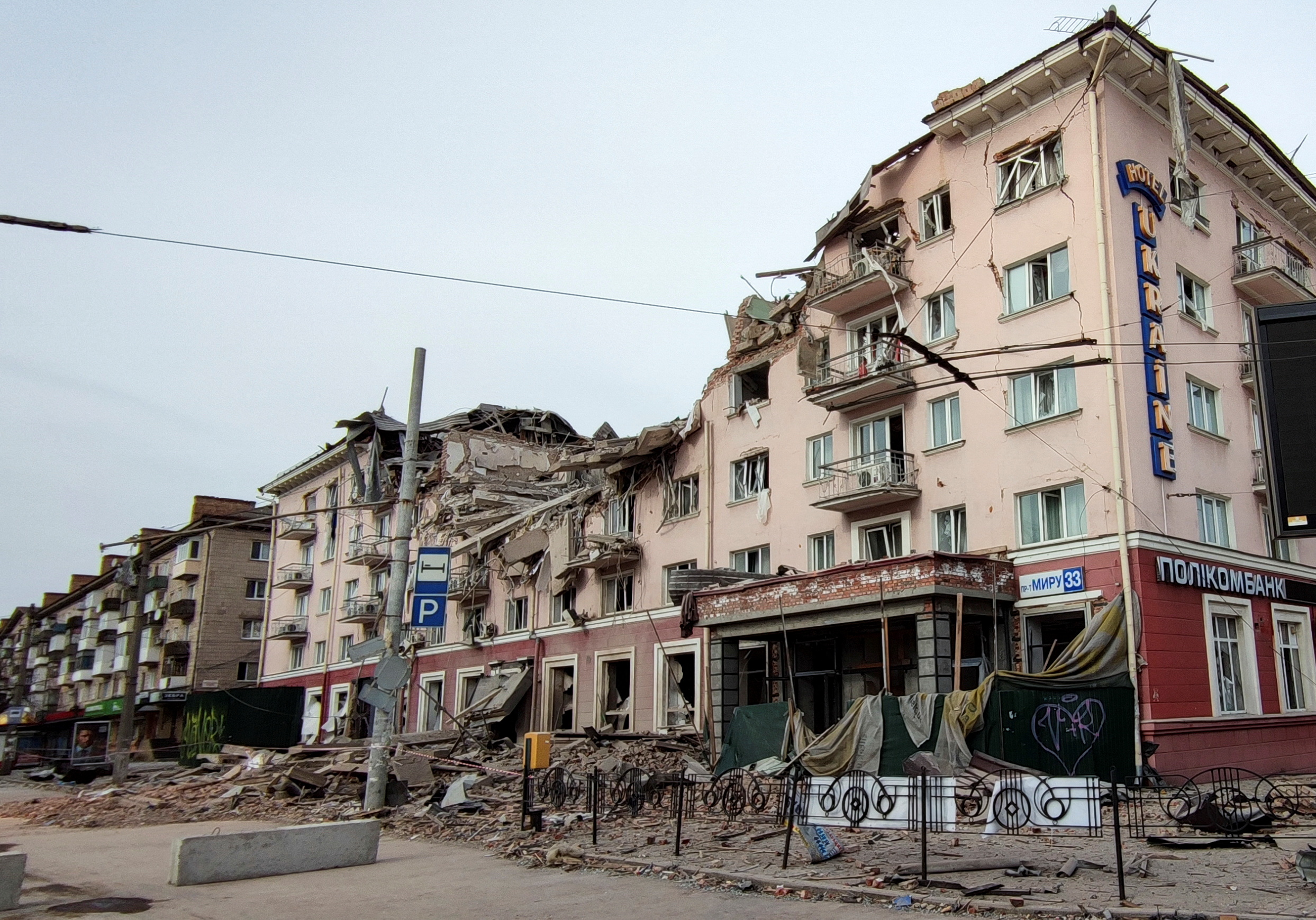
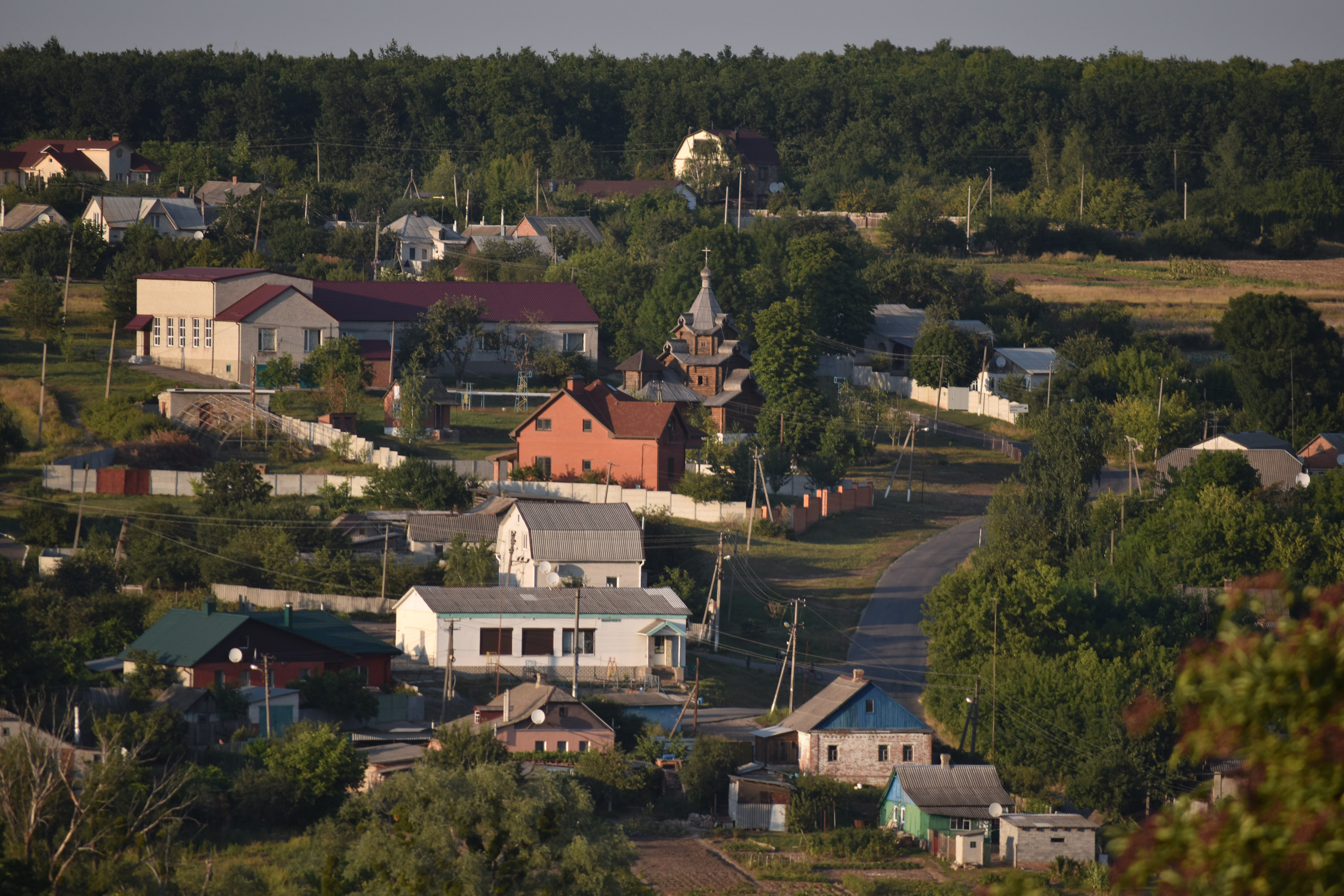
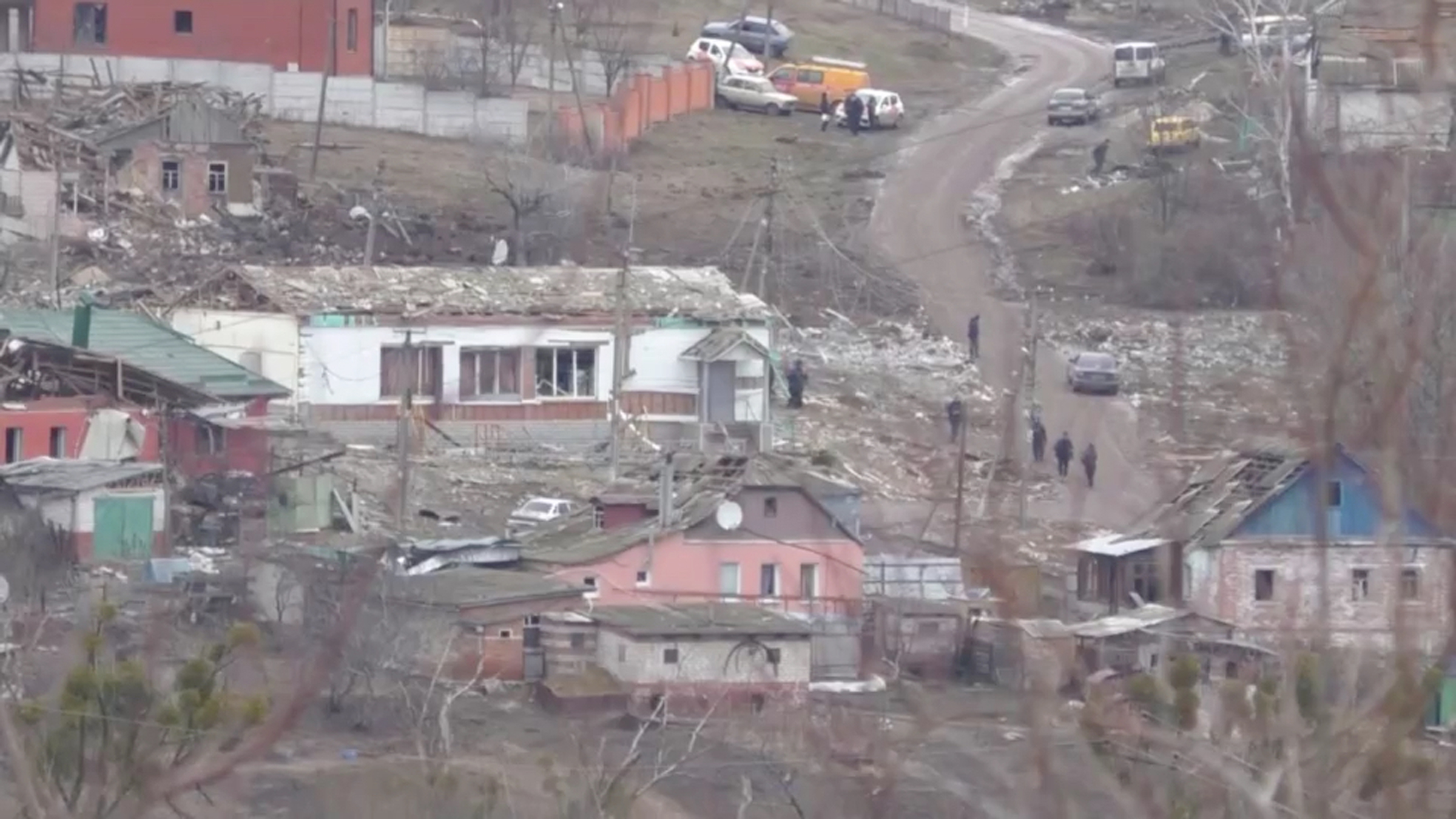
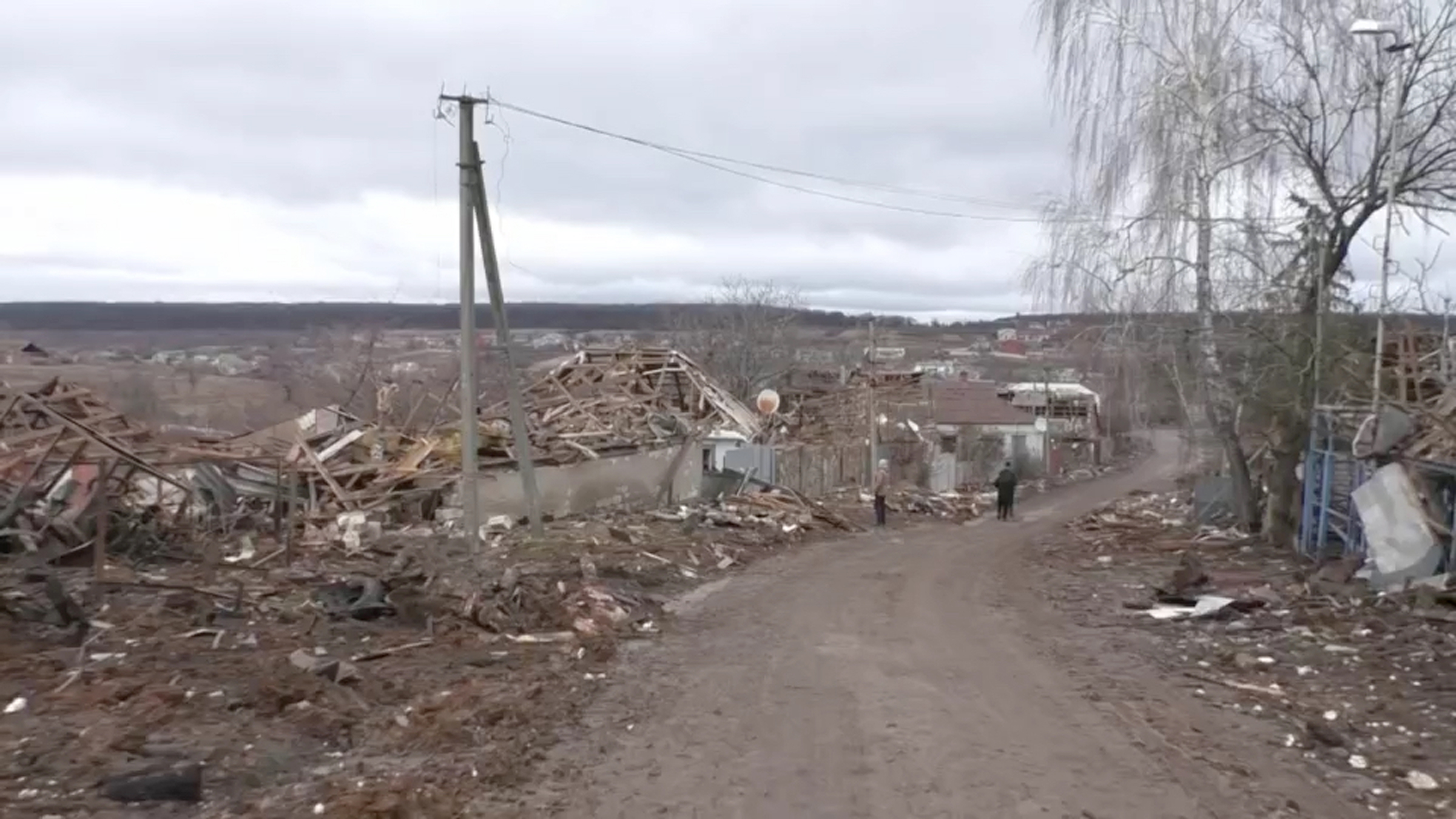
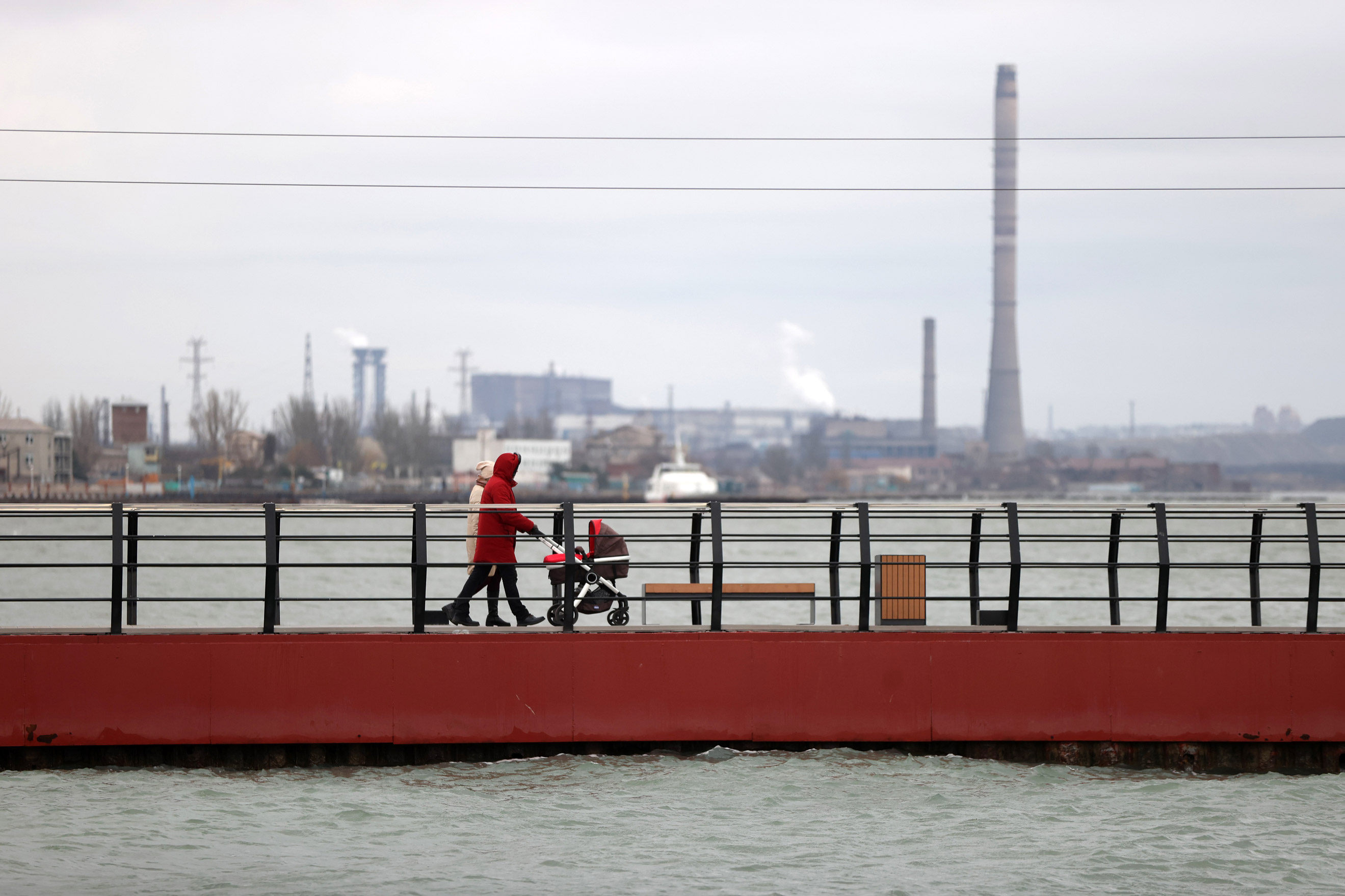
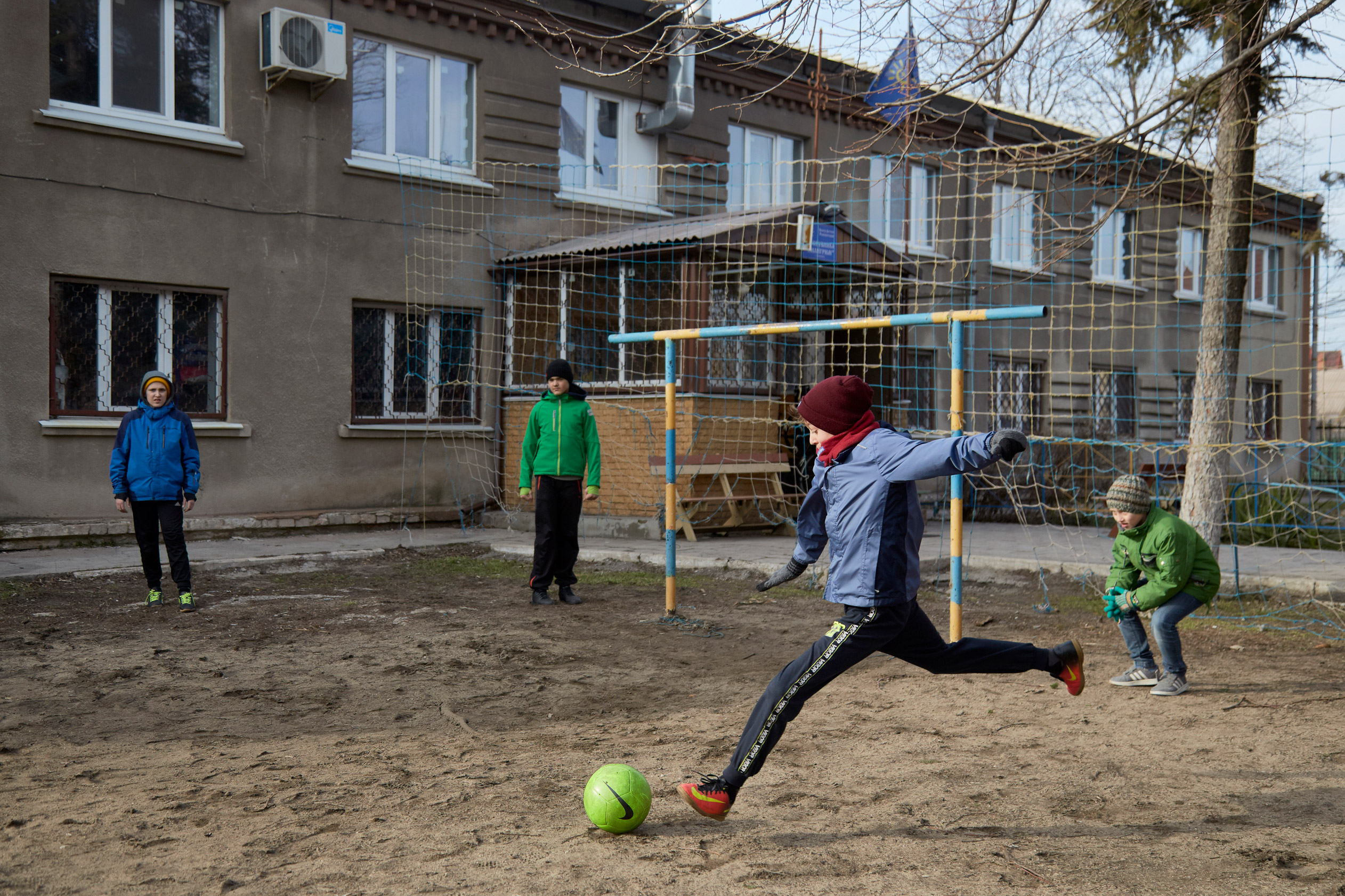
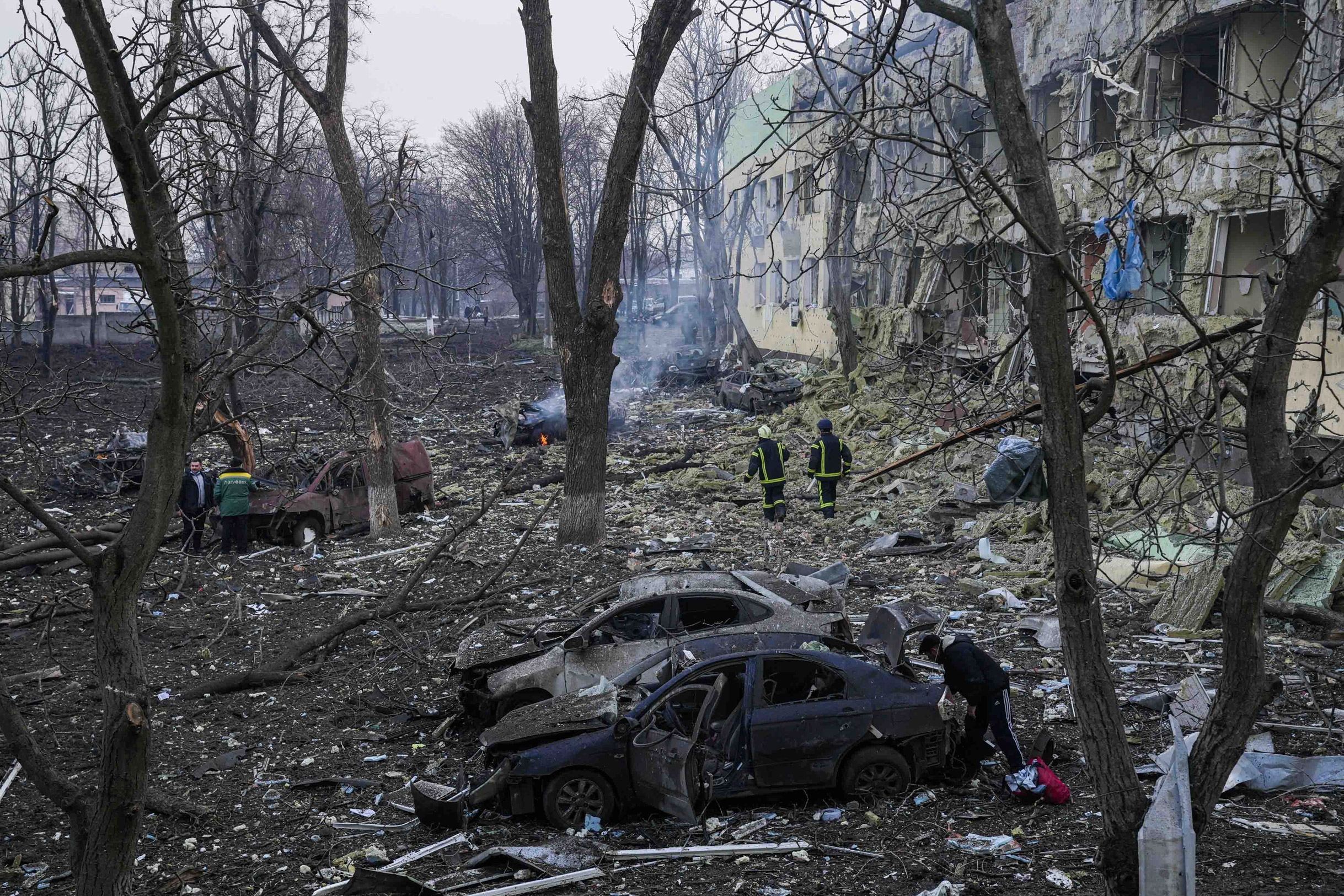
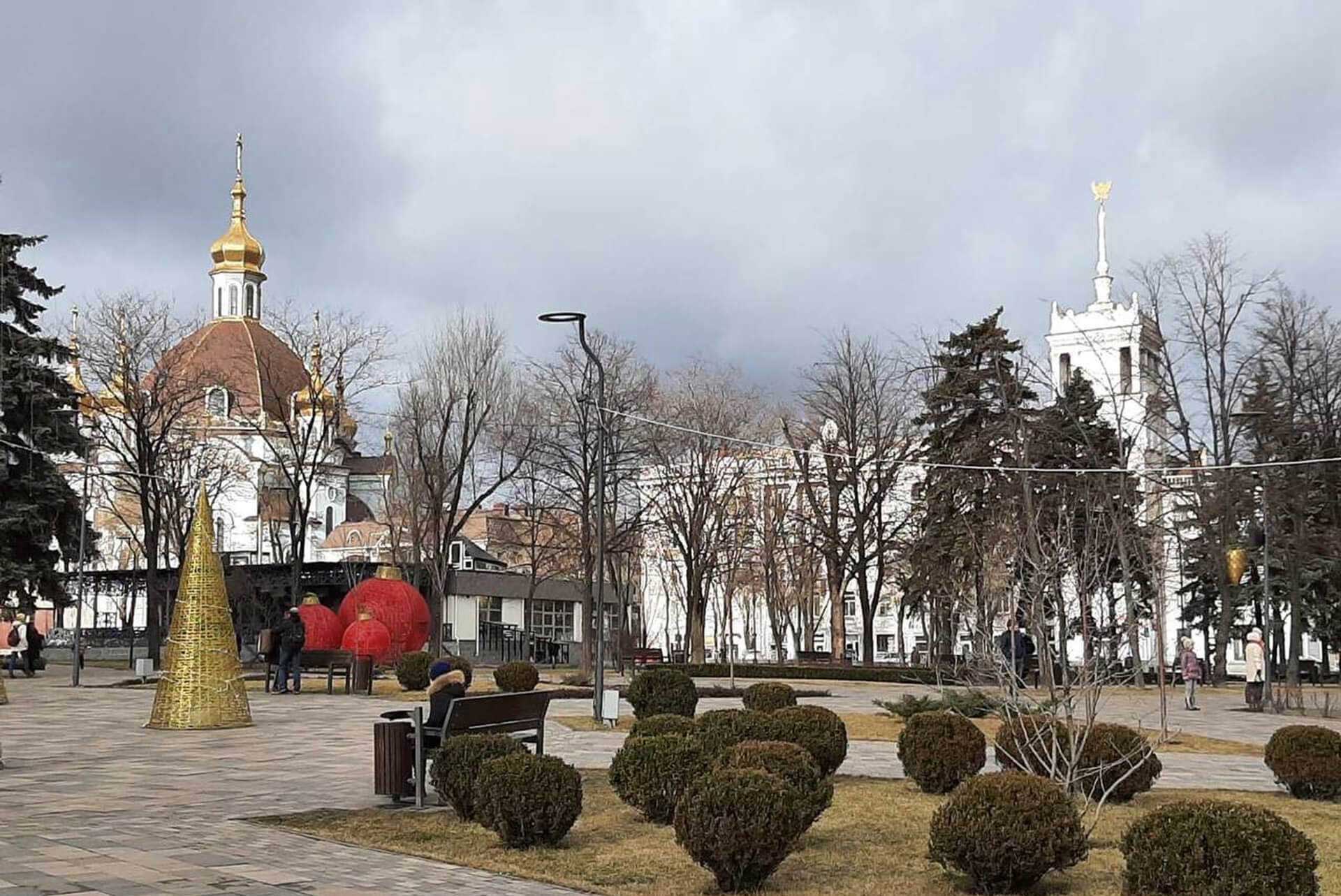
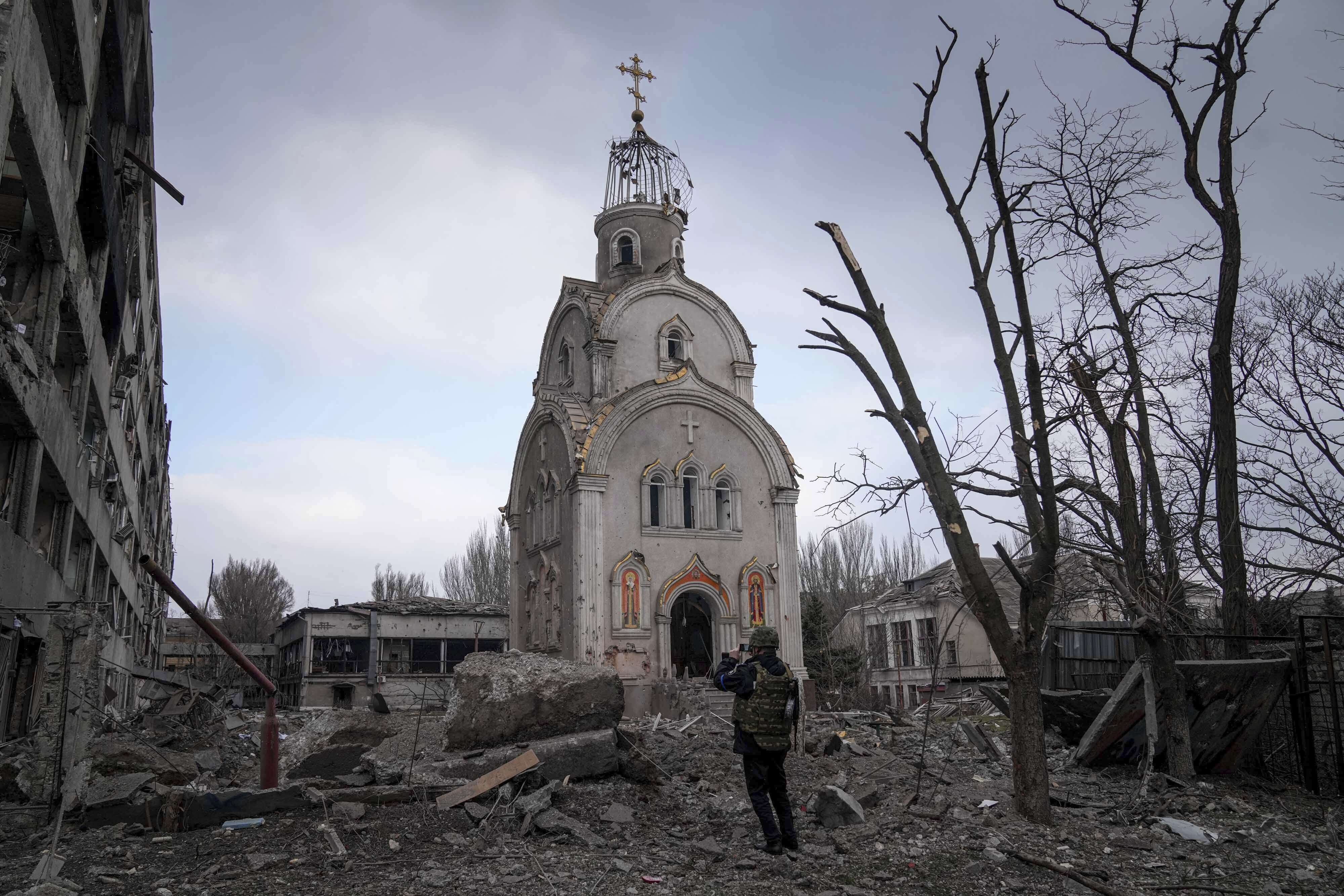
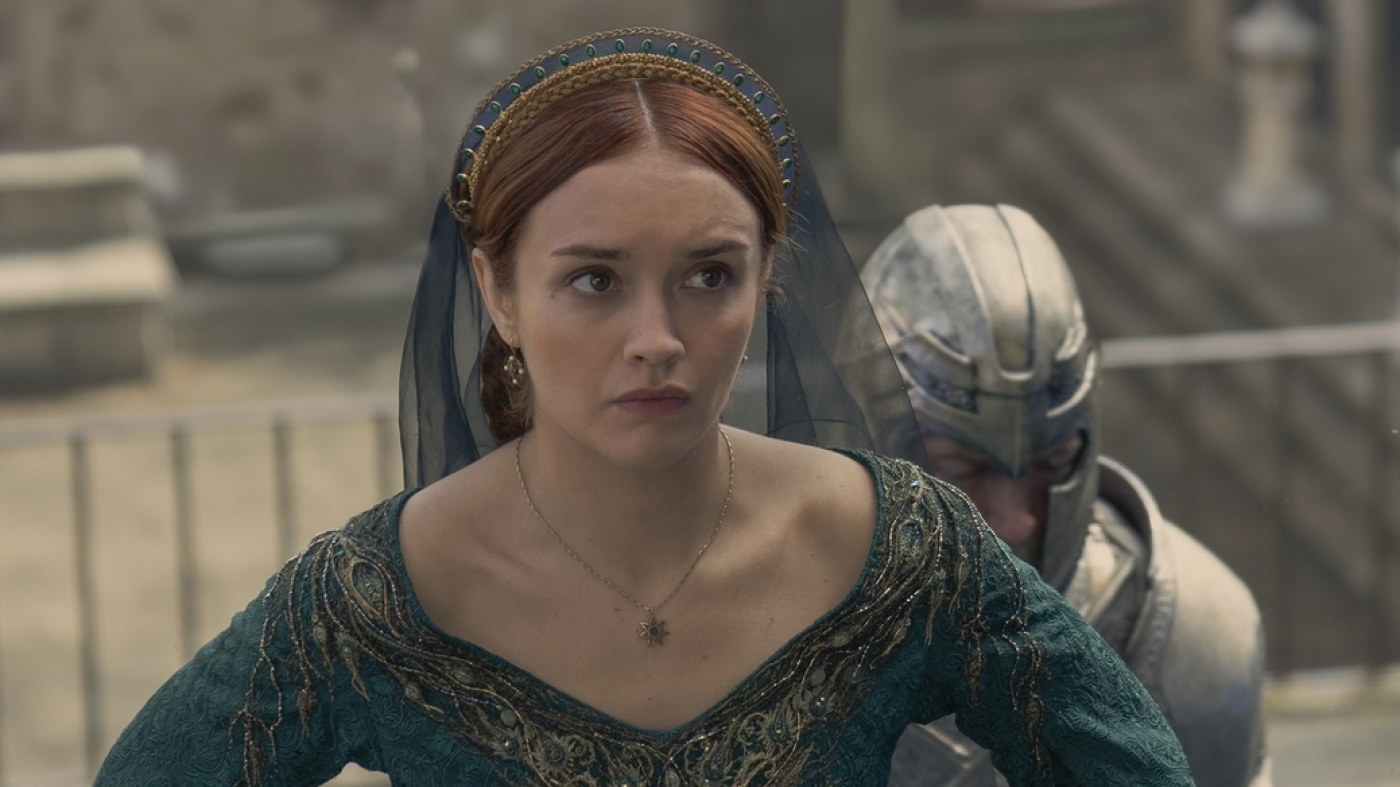
/cdn.vox-cdn.com/uploads/chorus_asset/file/25255195/246965_vision_pro_VPavic_0034.jpg)

